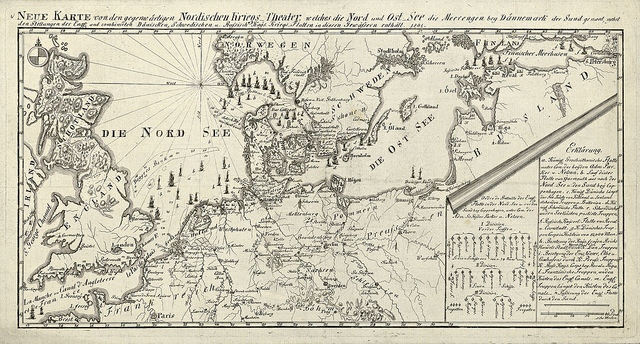Abstracts
Pasi Ihalainen:
"Shared Traditions of Representative Government in the Swedish and Finnish Parliaments, 1917−1919, and Norway as one of Alternative Constitutional Models."
What happened to shared historical experiences in the discursive processes of constitutional reform in Sweden and Finland? Building on a survey of Swedish and Finnish parliamentary debates, this paper analyses the political implications of differing national historiographies in the two successor states of the 18th-century Swedish realm. It demonstrates how the Finnish polity continued to be profoundly influenced by these 18th-century constitutions even after the Russian Revolution, while Sweden took the post-French Revolution constitution of 1809 as its point of departure. In both countries, interpretations of the long 18th century were ideologically motivated in an age of the parliamentarization of government and the democratization of the representative system. Parliamentarians in both countries also willingly compared available constitutional alternatives with foreign models -- the Norwegian being one of the most frequently cited.
Martin Krieger:
The Duchy of Holstein hat been a part of the Holy Roman Empire, while Schleswig had belonged to the Kingdom of Denmark since medieval times. After the dissolution of the Empire, a German confederation (Deutscher Bund) was established in 1815 - including Holstein, but not Schleswig. Debates among the Danish government, the ruling elites and intellectuals arose how to create an appropriate constitution for the Duchies within this fragile framework. In the presentation, it will be asked: Did the Eidsvoll constitution serve as a model for the constitutional discourse at Kiel and Copenhagen during the first half of the nineteenth century?
Ola Mestad:
"The moderate revolutionary constitution - What makes the Norwegian Constitution different in the years after 1814?"
I will present the main features of the Norwegian Constitution compared with other post-Napoleonic Constitutions. The basic feature relates to political freedoms: the manner in which sovereignty of the people has been implemented, leaving no veto power to the King in changes of the Constitution and suspensive veto only with respect to ordinary legislation as well as a wide suffrage – 45% of men above 25 years of age.
Markus J. Prutsch
European Parliament: "Post-Napoleonic Constitutionalism in Europe: Between Revolution and Reaction"
Even though the collapse of the Napoleonic order in 1814 symbolised a victory over the Revolution and its principles, it was impossible to negate the revolutionary legacy in general and its constitutional heritage in particular. A key challenge at the time was to reconcile monarchs’ claims to sovereignty and power with post-revolutionary societies’ expectations of both a constitutional state and the maintaining the political innovations generated by the Revolution and the Napoleonic Regime. This dilemma gave rise to the concept of a genuinely monarchical form of constitutional rule in Europe, for which the Constitutional Charter of the restored Bourbon monarchy in France became a 19th-century role model. “Constitutional monarchism”, however, was not the only feasible option.
Against this background, the objectives of my presentation are to:
- Outline the political and constitutional alternatives in post-Napoleonic Europe;
- Examine the role of “constitutional monarchism” for 19th-century constitutionalism as against other models; and thus
- Contribute to set and assess the Norwegian Constitution of 1814 in a broader international context.
Cathrine Theodorsen
"The Norwegian Constitution and the anti-Danish Discourse in the Writings of Theodor Mügge."
The Norwegian constitution and its democratic-political processes aroused great interest and admiration among political liberals in Germany. Especially the Berlin author Theodor Mügge (1802-1861) looked to Norway in his strife for a united Germany based on democracy, freedom and social equality. Parallel to the categorical positive stereotypes of Norway his travel writing, fiction and political texts are permeated with an anti-Danish discourse.
My paper will explore and contextualize the role of 1814 in Mügge’s political project and texts. I will argue, that we are dealing with a strategical transfer of political conflicts – a blending of both the German internal process of democratisation and the German-Danish conflict of Schleswig and Holstein. Norway functions as an ideal model and a pragmatic setting to demonstrate and propagate anti-Danish resentments at the same time.
